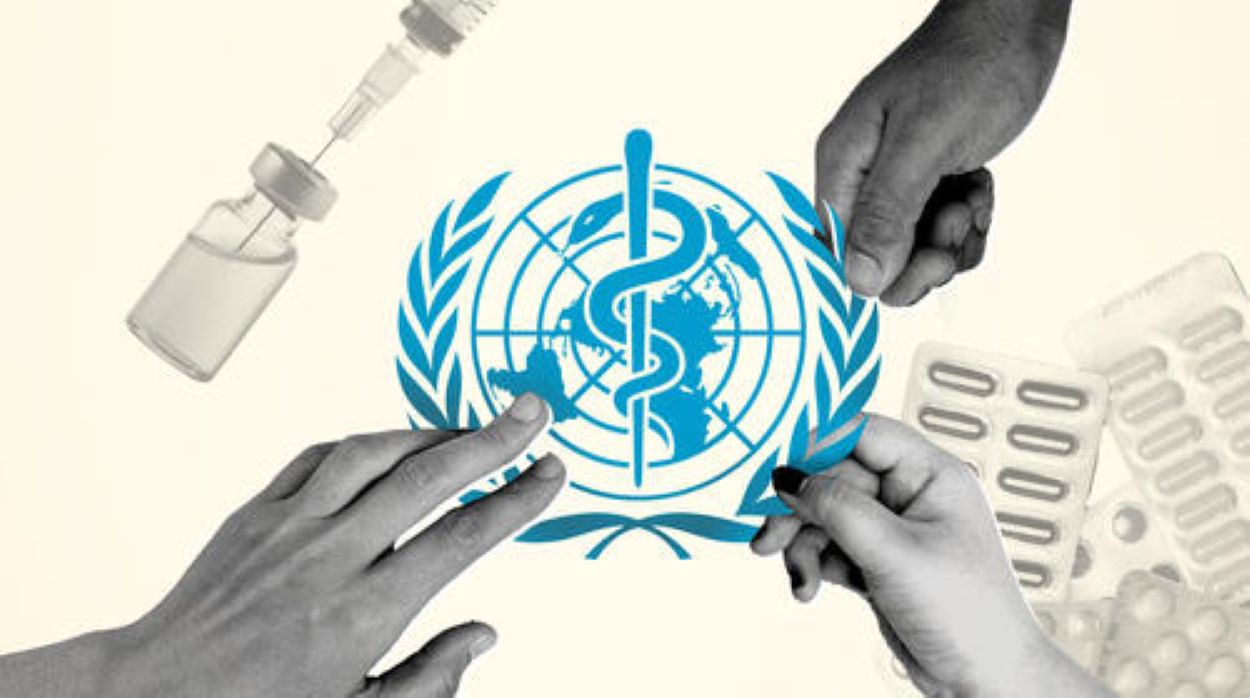The World Health Organisation (WHO) released draft guidelines supporting weight-loss drugs to treat obesity. The agency urged countries to view obesity as a chronic disease, not just a lifestyle issue. This shift aims to improve care for over 1 billion people affected worldwide.
The WHO’s expert committee recommends GLP-1 drugs, developed by Novo Nordisk and Eli Lilly, for people with a body mass index (BMI) of 30 or higher. These drugs, paired with lifestyle counselling, are a key part of long-term obesity treatment. The guidelines, open for feedback until September 27, call obesity a “chronic, progressive, and relapsing disease” that causes millions of preventable deaths.
The WHO’s stance marks a first in recommending these drugs for obesity. It challenges outdated views that blame lifestyle alone. In high-income countries like the US, the drugs are also suggested for those with a BMI of 27-30 and weight-related health issues. Separate guidelines for children are in progress. The WHO noted that high drug costs limit access in poorer countries.
WHO backs weight-loss drugs for obesity and urges change in mindset https://t.co/ll5QvyZjO2 https://t.co/ll5QvyZjO2
— Reuters (@Reuters) September 16, 2025Earlier this month, the WHO added GLP-1 drugs to its essential medicines list for type 2 diabetes, specifically for their original use when paired with another condition. It stopped short of including them for obesity due to cost concerns, but stressed their value for specific patients. Reuters reported in May that the WHO was likely to take this step.
Read: WHO to Slash Budget by 20% After U.S. Withdrawal, Chief Announces
Obesity affects over 1 billion people globally, driving health issues and deaths. The WHO’s guidelines push for better medical care and a new understanding of obesity as a serious disease. This could shape health policies, improve access to treatments, and reduce stigma worldwide.
The WHO’s support for weight-loss drugs redefines obesity as a chronic illness needing proper care. As the guidelines await feedback, they could change global health approaches.






